Tips to discuss contact
How do you discuss the possibility of getting in contact with the other person with your client?
Read below about things you can pay attention to.
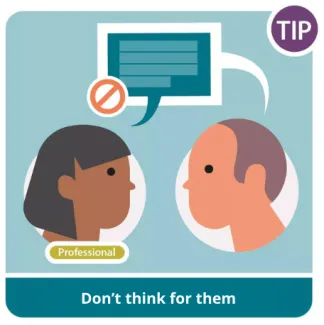
Tip 1: Don't think for them
“My client is doing so well right now. They’ve almost completely rebuilt their life. Contact with the victim will just disrupt all of it.”
“I’m not going to start talking about the perpetrator now. My client is already so fearful, it will only make them more afraid.
Sometimes it can happen that -with the best intentions- you start thinking for your client. You might decide for them that their case is too severe for restorative mediation, that they are so angry that restorative mediation is not an option, or that the event was too minor to discuss the possibility of restorative mediation. Always remind yourself to never think for your client, but to ask them. They need to be able to make their own informed decision.
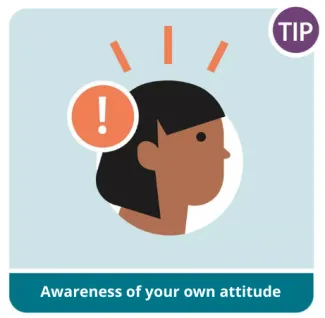
Tip 2: Be aware of your own attitude
If you feel held back to talk about restorative mediation, ask yourself the following questions:
- What is holding me back?
- If I were the victim, would I want to talk to the perpetrator?
- Why do I think I can’t or don’t want to discuss it?
- If now is not the right moment, when is the right moment?
Don’t keep your doubts or questions to yourself, discuss it with your colleagues, or call us to talk about it.
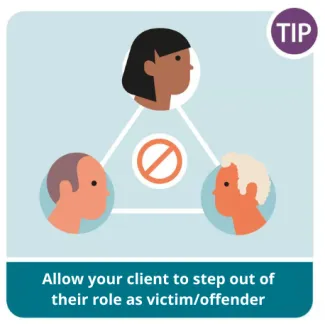
Tip 3: Allow your client to step out of their role as victim/offender
Be mindful of the burden such a role can have on a person, and give them the opportunity to step out of it.
Are you noticing that this role is dictating their (emotional) life? In that case, restorative mediation is definitely something worth discussing.
A victim often feels powerlessness and anger/sadness about what happened. Discussing the possibility of contact with the other person can be effective in letting them step out of their role as victim and take back control of their life.
The same goes for an offender. The feeling of shame can be paralyzing, which can make it hard for them to see that they’re struggling with what happened. An offender is more than the crime they committed.

Tip 4A: Questions you can ask a victim or relative of the deceased
- Would you want the perpetrator to know the effects of what they did to you?
- Do you have any questions that only the perpetrator can give an answer to? If so, would you want to get answers to these questions?
- If the perpetrator is sorry, would you want to know?
- Is there any way the perpetrator can make it up to you?
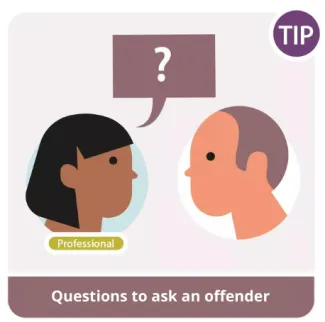
Tip 4B: Questions you can ask an offender
- How do you look back on what happened?
- Do you ever think or dream about it?
- How did your family and your partner react to what happened?
- If the same happened to you or someone you love: what would you want from the perpetrator?
- It’s possible for offenders to get in contact with their victim. What do you think about that?
- If the victim would want to talk to you, what would you want to tell them?

Tip 5: Use our folder or website
You can always give your client a folder or refer them to our website for more information, and get back to the subject at a later time.
You can order our folder online, or refer clients to the information on our website, including the experience stories of other participants.
Experiences of professionals
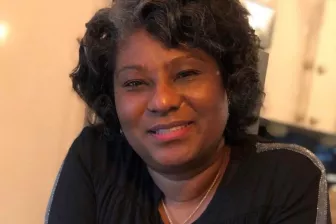
Gladys Nelstein works for Victim Support Netherlands: “Most times I ask them: ‘Would you want to know why they did this to you?’”

When psychologist (POH-GGZ) Jacqueline Pulles heard about restorative mediation, she immediately thought: maybe this is something for Belinda. Belinda came to her with anxiety issues that, after a robbery 25 years ago, never went away. Jacqueline proposed restorative mediation.
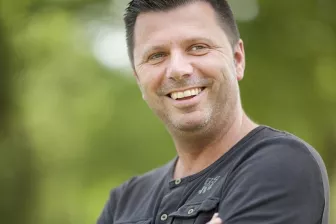
Evert Kampert has been a recovery consultant for almost three years. By now, he's registered dozens of convicts for restorative mediation. "It's about finding an entrance."
